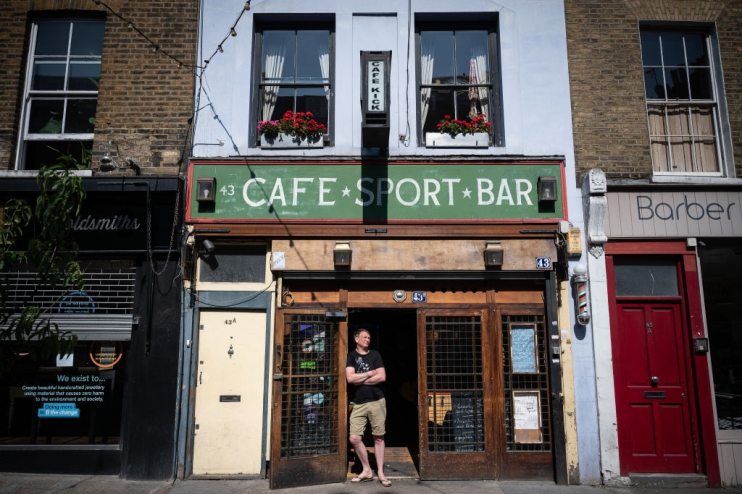National insurance hike to spike UK firms just as they recover from Plan B and Omicron

The national insurance hike is set to spike UK businesses just as they have recovered from the Omicron and Plan B-induced economic hit, reveals a fresh survey released today.
Firms are deeply concerned that a combination of the national insurance (NI) hike and swelling energy bills will limit their capacity to survive, according to research by the Institute of Directors (IoD), a business group.
Entrenched distress over looming tax hikes and cost increases illustrates businesses are set to lean into another difficult period just as the negative influence of Plan B measures and the Omicron variant on consumer behaviour ends.
Around four in 10 firms are worried a heavier employment tax burden will hit their business, up from one in four before the government announced the NI liftoff.
Over 40 per cent of businesses are worried about rising energy bills.
The IoD’s measure of confidence in the economy among businesses returned to levels registered before the emergence of the new variant last month, reaching minus six in January, up sharply from December’s minus 17 reading.
“Business leaders are still nervous about the economy in the coming year, particularly the impact of inflation, payroll and energy costs,” Kitty Ussher, chief economist at the IoD, said.
Employers’ NI burden will swell to around 15 per cent after the 1.25 percentage point increase comes into effect in April.
The IoD’s research points to a worrying upward surge in inflation in the coming months that will concern the Bank of England.
Some 81 per cent companies expect costs to climb over the next year, while six in 10 firms expect inflation to still be above four per cent by the end of 2022.
Strengthening inflation expectations can prompt businesses to hike prices to offset future cost pressure which, in turn, increases the likelihood of workers demanding high pay to maintain living standards, known as a wage/price spiral.
The Bank is widely expected to lift rates at back-to-back rate setting meetings this Thursday for the first time since 2004 as it launches a rapid tightening cycle to get on top of the cost of living crunch.
Prices are 5.4 per cent higher than they were a year ago in December, the fastest rate of increase in nearly 30 years.